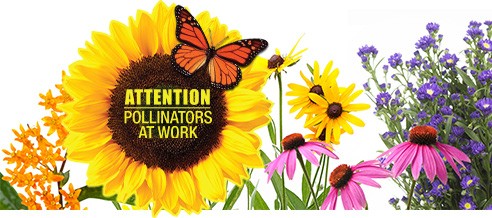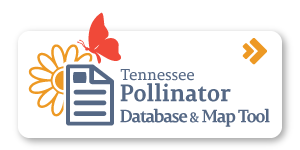Pollinator Habitat Program

Read an overview memo about TDOT's Pollinator Habitat Progam.
Antonia Hayes
TDOT Manager
(615) 979-0028
Antonia.Hayes@tn.gov
Victoria Cooper
TDOT Team Lead
(629) 239-9690
Victoria.X.Cooper@tn.gov
Phone: 615.741.2877
Fax: 615.532.5995
Twitter: @TDOT_Beautify
Find your Best Pollinator Plants Here

